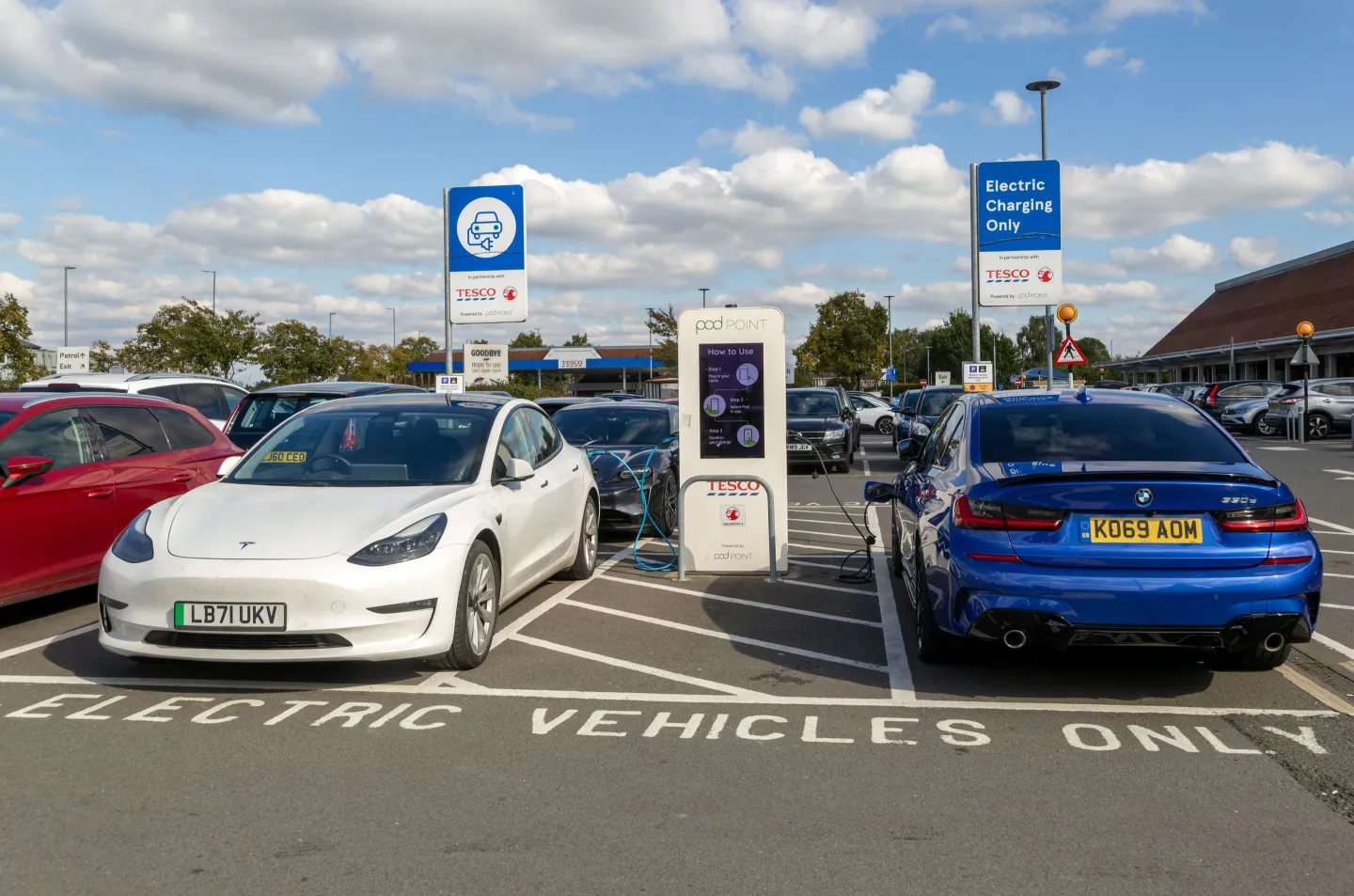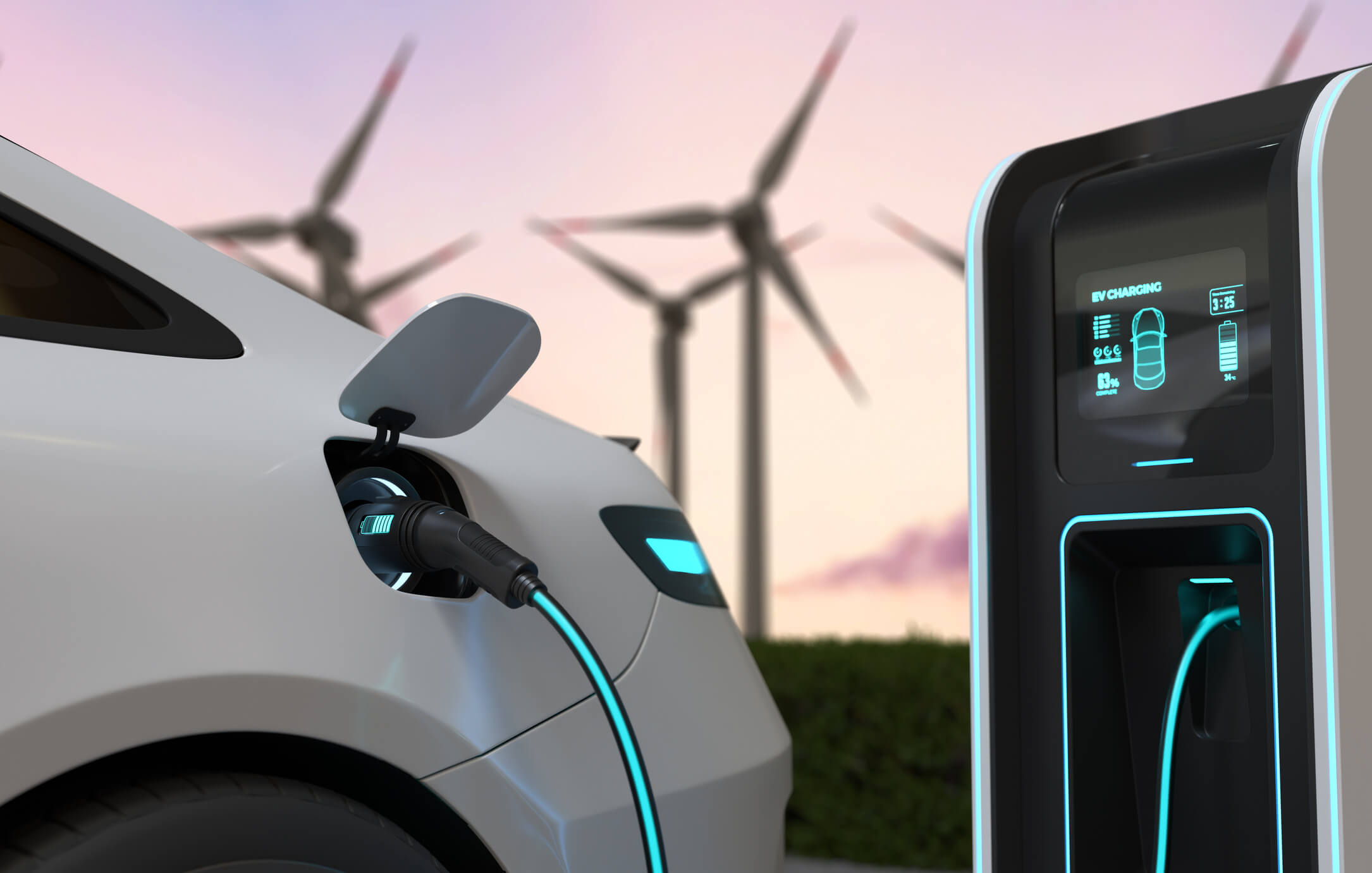From April 2025, major changes to tax policies will affect electric vehicles (EVs) in the UK, covering Vehicle Excise Duty (VED), the Expensive Car Supplement, and Benefit-in-Kind (BIK) rates. These adjustments aim to create parity between EVs and traditional vehicles as EVs become more popular.
Key updates include the introduction of VED for EVs, a new approach to high-value EV taxation, and increased BIK rates for company cars. These measures will impact EV owners, potential buyers, and businesses, prompting careful planning for future costs.
Vehicle Excise Duty: New First-Year and Annual Rates
Currently exempt from VED, EVs registered after 1 April 2025 will incur a £10 first-year fee, followed by a £195 annual rate from the second year. For hybrid vehicles, VED rates for the first year will rise based on CO2 emissions, with higher-emission vehicles paying more. EVs registered before 31 March 2025 will remain exempt from first-year VED but will transition to the £195 standard rate in April 2025. Additionally, electric vans will face a VED rate of £335 annually, a significant increase from their current exemption. These changes reflect the government’s effort to update taxation as EV adoption grows.

The Expensive Car Supplement, which applies to vehicles priced above £40,000, will extend to EVs registered after 1 April 2025. Cars exceeding this threshold will incur an extra £410 annually for five years, on top of the £195 standard VED. Vehicles registered before April 2025 will not be subject to this additional cost. This change could influence decisions for buyers of premium EVs, with those registering vehicles after April 2025 potentially facing up to £1,210 in extra costs over three years compared to earlier registrations. The rule emphasizes the importance of timing for significant financial savings.
Benefit-in-Kind Rates: Gradual Increase for Company EVs
The Benefit-in-Kind (BIK) rate for zero-emission company cars will rise from 2% in 2024/2025 to 3% in 2025/2026, gradually increasing to 9% by 2029/2030. For example, a Volkswagen ID.4 with a P11D value of £44,305 will see annual BIK costs for a 40% taxpayer grow from £354.44 in 2024/2025 to £531.66 in 2025/2026. Although the increases are incremental, they represent a clear shift toward higher EV-related taxation. Companies and employees should factor these changes into cost assessments when selecting zero-emission vehicles for business use.
These changes will significantly affect the cost of owning and operating EVs, particularly for high-value models and company cars. Registering an EV before 31 March 2025 allows buyers to avoid the new first-year VED and Expensive Car Supplement, resulting in considerable savings. For businesses, the rise in BIK rates means higher annual expenses for company cars. Despite the increased taxes, EVs continue to offer advantages such as lower fuel costs and reduced emissions. Careful evaluation of the updated tax framework will be essential for making informed decisions about EV ownership and investment.
Also Read: 10 Compact Electric Cars Perfect for Suburban Lifestyles

